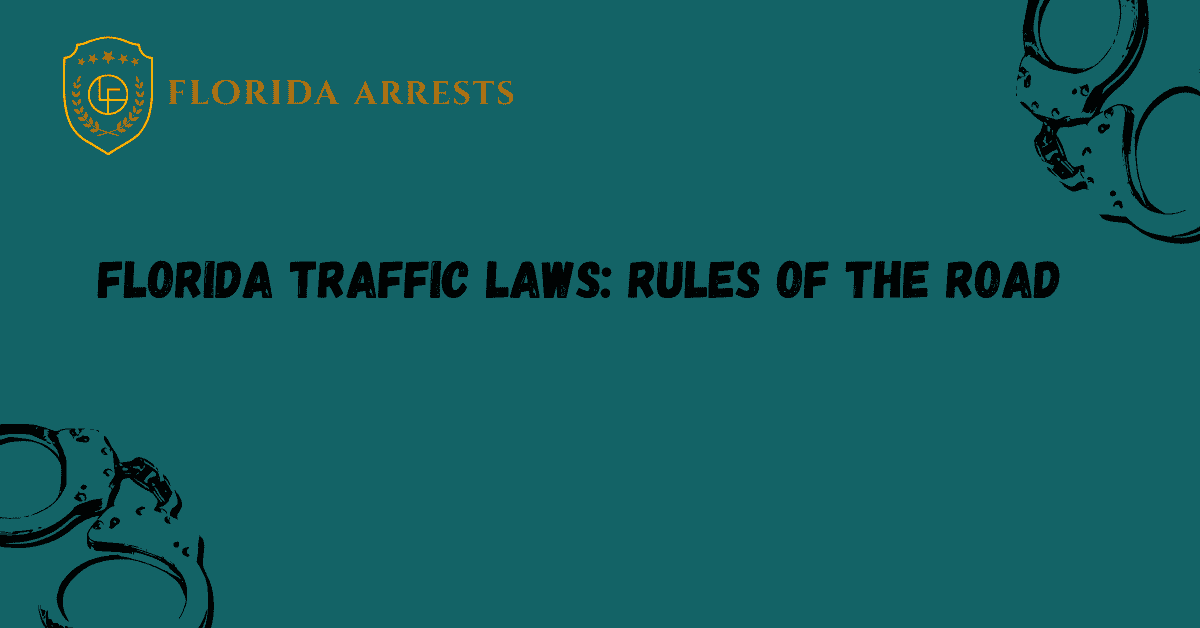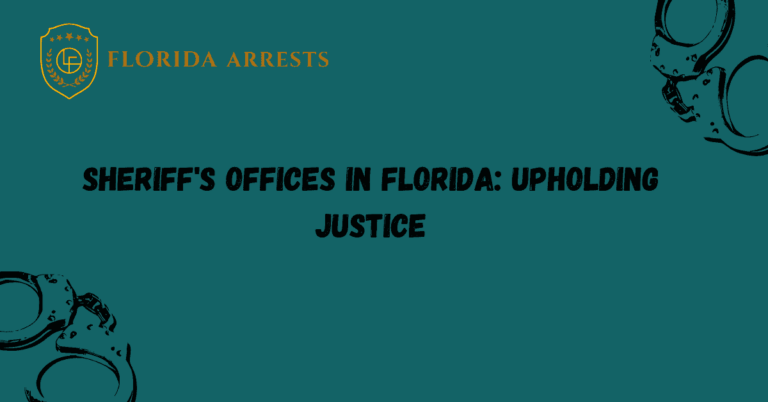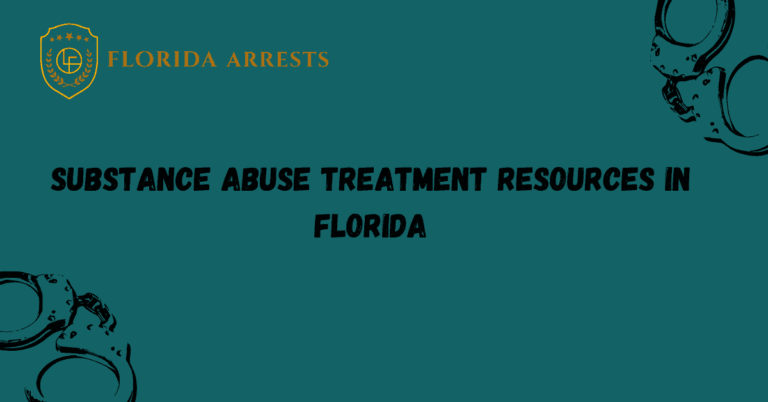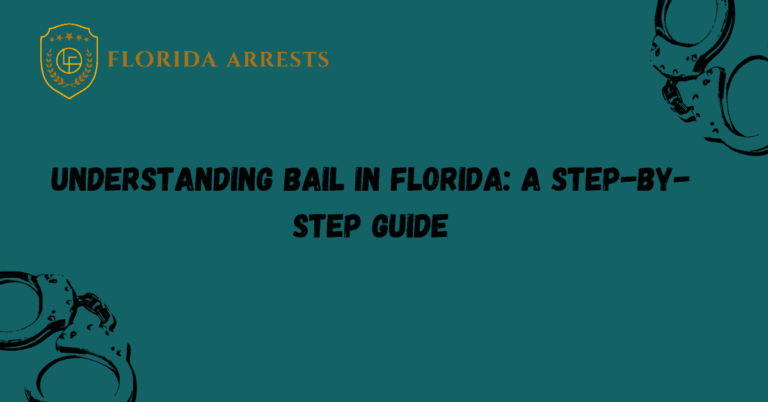Florida Traffic Laws: Rules of the Road
Driving in Florida requires a solid understanding of the state’s traffic laws. Whether you are a resident or a visitor, it is crucial to familiarize yourself with the rules of the road to ensure a safe and smooth driving experience. From speed limits to right-of-way rules, the Florida traffic laws cover a wide range of regulations that every driver must adhere to. This comprehensive guide will provide you with the essential information you need to navigate Florida’s roadways responsibly and confidently.
Speed Limits in Florida
One of the most important rules of the road in Florida is adhering to the speed limits. Understanding the speed limits ensures not only your safety but also the safety of other drivers on the road. In Florida, the speed limits vary depending on the type of road you are driving on. For example, on residential streets, the speed limit is typically 30 mph, while on highways, it can range from 55 mph to 70 mph. It is crucial to pay attention to the posted speed limit signs and adjust your speed accordingly.
Right-of-Way Rules
Another essential aspect of Florida traffic laws is understanding the right-of-way rules. These rules determine who has the right to proceed first in certain traffic situations. For instance, when approaching an intersection with a stop sign, the driver who arrives first has the right of way. Additionally, when making a left turn, you must yield to oncoming traffic unless you have a green arrow signal. Understanding and following right-of-way rules helps to prevent accidents and ensure a smooth flow of traffic.
Seat Belt Laws
Wearing seat belts is mandatory for both the driver and all passengers in Florida. This law applies to all vehicles, including cars, trucks, and vans. Seat belts are crucial for protecting yourself and others in the event of a collision or sudden stop. Failure to wear a seat belt can result in fines and penalties, so it is important to buckle up every time you get in a vehicle.
Parking Regulations
When it comes to parking in Florida, there are specific regulations that drivers must follow. Parking in designated spaces, such as handicapped spots or fire lanes, without the proper permit is strictly prohibited. Additionally, parking in front of fire hydrants or blocking driveways is against the law. Familiarize yourself with the parking regulations in your area to avoid parking tickets and ensure the safety and convenience of others.
Driving Under the Influence
Driving under the influence of alcohol or drugs is a serious offense in Florida. The state has strict laws and penalties in place to deter and punish impaired driving. If you are caught driving with a blood alcohol concentration (BAC) of 0.08% or higher, you can face fines, license suspension, and even jail time. It is crucial to always designate a sober driver or use alternative transportation if you have been drinking or using drugs.
FAQs
What are the speed limits in Florida?
In Florida, the speed limits vary depending on the type of road. On highways, the speed limit is typically 70 mph, while on rural interstates, it can be as high as 75 mph. In residential areas, the speed limit is usually 30 mph, and in school zones, it is reduced to 20 mph.
Are seat belts mandatory in Florida?
Yes, seat belts are mandatory for all passengers in Florida. The driver and all passengers in the front seat must wear seat belts, regardless of age. Additionally, all passengers under the age of 18 must wear seat belts or be secured in an appropriate child restraint device.
Can I use my cellphone while driving in Florida?
Using a handheld cellphone while driving is illegal in Florida, except in cases of emergency. However, drivers are allowed to use hands-free devices, such as Bluetooth headsets or speakerphones, to make phone calls.
What is the “Move Over” law in Florida?
The “Move Over” law in Florida requires drivers to move over one lane if they are approaching an emergency or service vehicle with flashing lights on the side of the road. If it is not possible to move over safely, drivers must slow down to a speed that is 20 mph below the posted speed limit.
Is it legal to make a U-turn in Florida?
U-turns are generally allowed in Florida, unless there is a sign specifically prohibiting them. However, U-turns are not allowed in business districts or areas where there is a clear view of oncoming traffic for 500 feet in both directions.
What are the penalties for driving under the influence (DUI) in Florida?
In Florida, the penalties for driving under the influence (DUI) can vary depending on the circumstances. Generally, a first offense can result in fines, probation, community service, license suspension, and mandatory DUI education programs. Subsequent offenses can lead to more severe penalties, including jail time and ignition interlock device installation.







